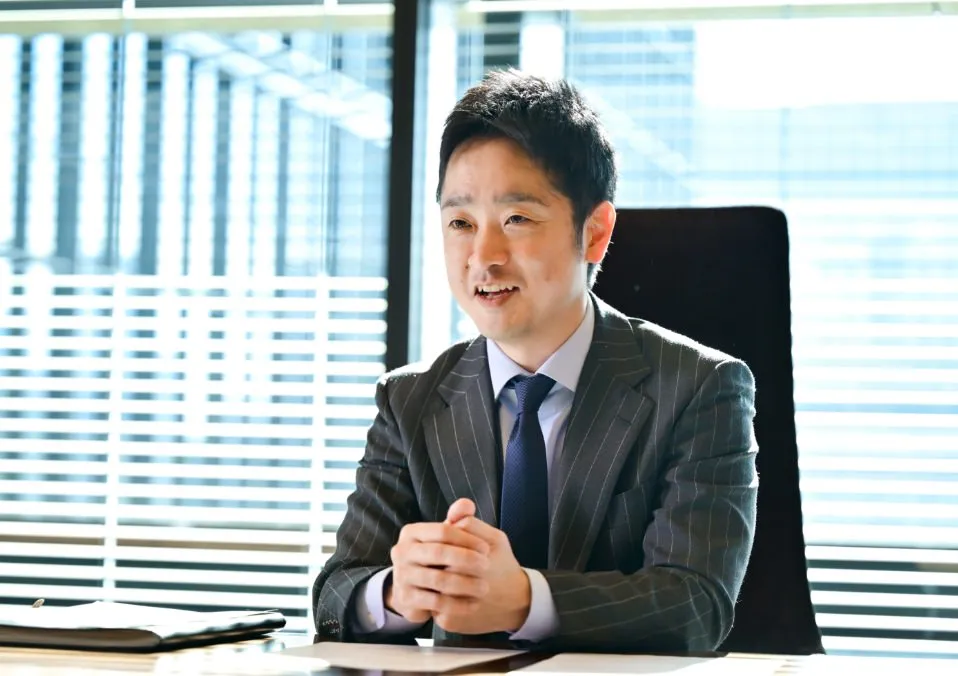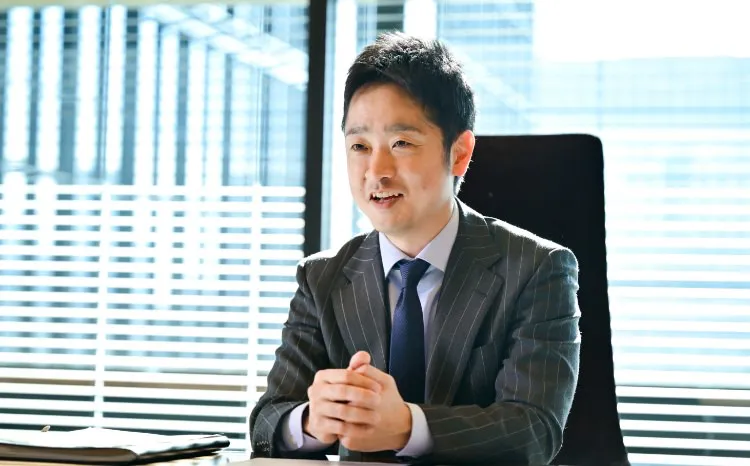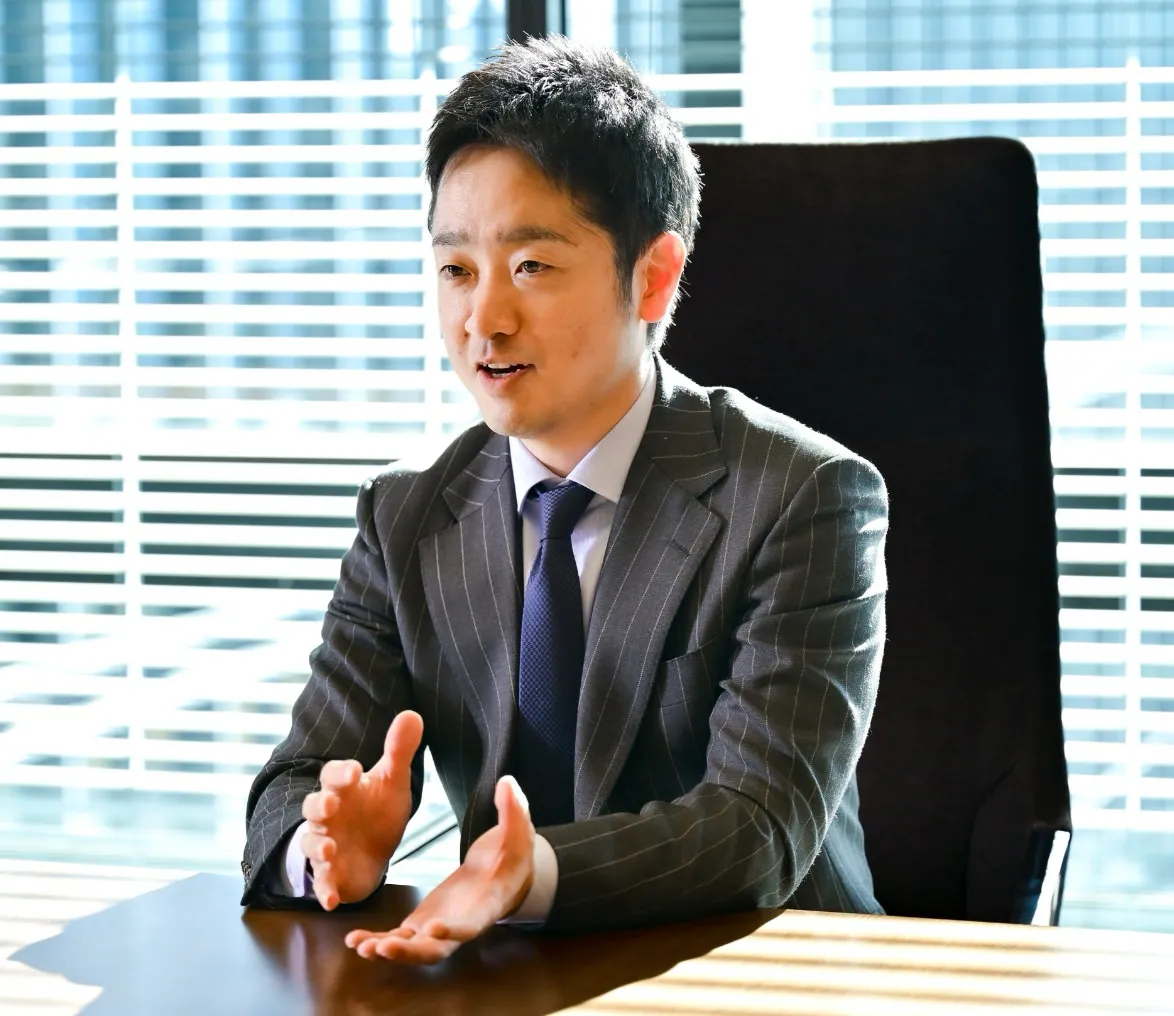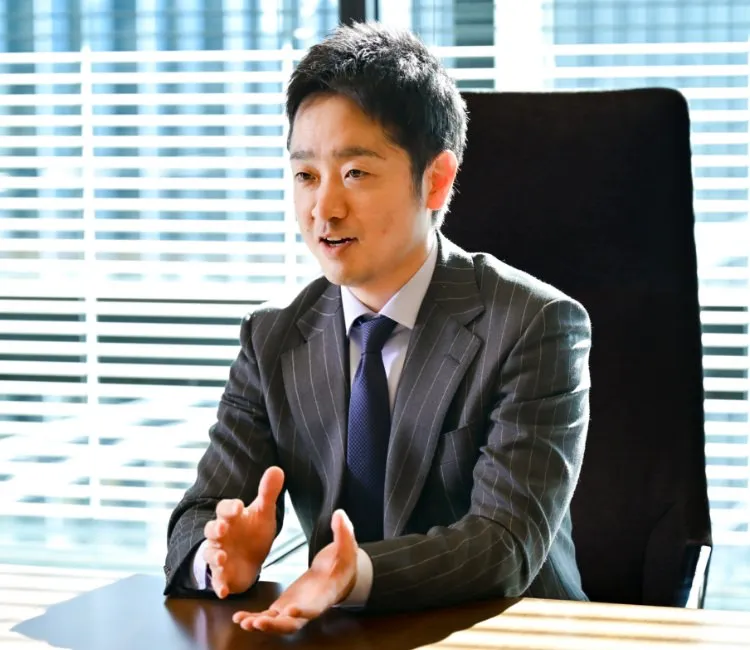As climate change and biodiversity loss accelerate globally, the Amazon region of South America, which harbors some of the world’s largest forests and rich biodiversity, faces severe impacts. Extreme weather and worsening droughts have led to frequent wildfires, causing rapid deforestation and further biodiversity loss. Additionally, slash-and-burn agriculture by impoverished local communities, illegal logging, and a lack of environmental education and inadequate infrastructure worsen these challenges. To tackle these issues, the Inter-American Development Bank (IADB) launched the “Amazon Initiative.”
This program is structured around five key pillars: forest conservation, low-carbon agriculture, biodiversity protection, human capital development, and sustainable infrastructure. To provide financial support for these initiatives, the Inter-American Development Bank (IADB) issuing a Sustainable Development Bond in 2024. The bond, denominated in Australian dollars, has a 15-year maturity and a total issuance volume of AUD 65 million (approximately JPY 6.8 billion).
SMBC Nikko Securities arranged the bond and sold it to a Japanese life insurance company. This initiative promotes ESG investment from Japan into the Amazon region, fostering its sustainable development.
Kaoru Adachi from the Debt Syndicate, who led the project, commented,“Since late 2022, the need for funding to support Amazon biodiversity has grown significantly, attracting attention globally. This ESG bond directly supports biodiversity conservation, which made it a project I was particularly eager to be involved in.”
Providing Comprehensive
Support Through
Cross-Departmental
Cooperation
Adachi previously worked at a different securities firm, where he was involved in ESG bond arrangement as well from 2018 to 2023. He actively provided Japanese institutional investors with information on the importance of tackling biodiversity challenges and ongoing global discussions on the issue. Additionally, he secured a leading market share in ESG private placements issued by Multi-Development Banks.


Recognizing his expertise and experience, the Inter-American Development Bank (IADB), with whom he had developed a close relationship in his previous role, approached him with a proposal. They inquired whether there were any Japanese investors who might have an interest in supporting a Sustainable Development Bond to fund the Amazon Initiative. The request ultimately led to this project.
Adachi recalled his initial impressions about the project, stating, “This marked the world’s first case of IADB issued a Sustainable Development Bond following the announcement of the Amazon Initiative. I strongly wanted our firm to arrange this inaugural issuance.”
He engaged investors in Japan who were actively investing in ESG bonds. One investor, who ultimately decided to participate, showed strong interest, which led to detailed negotiations. However, several challenges had to be overcome before the bond could be successfully placed.
One key challenge was that SMBC Nikko Securities had not previously arranged or distributed ESG bonds issued by Multi-Development Banks in Japan. Therefore, it was crucial to clearly and carefully explain to investors that the firm was capable of structuring such bonds, building their confidence in the process. Moreover, Adachi recognized the importance of not only establishing trust with frontline representatives but also gaining the trust of management and executives as well.
Adachi placed particular emphasis on close collaboration across departments, ensuring a coordinated team approach when engaging with clients. By working closely with the Fixed-income Sales Department, which was responsible for bond sales to investors, and the Financial Institutions Department, which provided a broad range of financial products and daily support, the team was able to accurately identify investor needs and provide tailored solutions.
Furthermore, as discussions progressed within investor organizations from frontline representatives to senior management, the team supported clear communication of complex financial details. To strengthen the proposal, Adachi also visited investor executives alongside senior members of the Financial Institutions Department.
Based on past experience, Adachi understood that frontline employees at life insurance companies place great importance on how the funds they manage are used. He also recognized that accountability to stakeholders, including policyholders, was a key concern.
To address this issue, he worked closely with investors to align their understanding of the bond’s use of proceeds and investment significance. Also, in collaboration with IADB, the issuer, he provided investors with concrete examples of how the funds would be allocated, ensuring clear and detailed explanations.


These efforts proved successful, leading to SMBC Nikko Securities’ first-ever arrangement of an ESG bond issued by a Multi-Development Bank. Investors also expressed appreciation for the firm’s attentive and thorough guidance and commitment.
Outcomes of the
Initiative and Path to
Expanding the ESG
Bond Market
Funds from this bond support a variety of projects throughout the Amazon region. In Ecuador, funding supports sustainable bio-businesses, improving local livelihoods while preserving forests. In Suriname, a financing program enhances the productivity of small and medium-sized enterprises. Meanwhile, in Peru, efforts are underway to expand water and sewage facilities, improving sanitation for local communities.
Through these initiatives, the Amazon region is making progress in both ecosystem conservation and the steady enhancement of residents’ living conditions.
This project received widespread media coverage, including features in major outlets such as Nikkei. It generated strong responses from investors and stakeholders.
Adachi reflected on the impact, stating, “The publicity surrounding this case has led to increased inquiries from other investors and related parties. It has also clarified our role in collaborating with Multi-Development Banks and enhanced our visibility in the ESG bond market.”
Looking ahead, Adachi noted the high interest and demand for ESG bonds in Japan. He expressed confidence that ESG bonds will play an increasingly vital role in tackling climate change and preserving biodiversity. He emphasized the need to enhance investor awareness and foster overall market growth, reaffirming his commitment to strengthening the domestic ESG bond market and maintaining active involvement with ESG bonds issued by Multi-Development Banks.
Finally, Adachi referred to one of the company’s core principles, “Co-existence and Co-prosperity,” stating, “Climate change and biodiversity loss disproportionately affect emerging countries, despite being largely driven by developed nations. To achieve true mutual prosperity on a global scale, we must correct this imbalance and work together with people in emerging economies to build a truly sustainable and thriving world. This requires proactive support from developed nations, including ESG bonds, ensuring that the benefits are truly felt by local communities.”
His statement emphasized his strong commitment to building a more sustainable future and equitable world.




